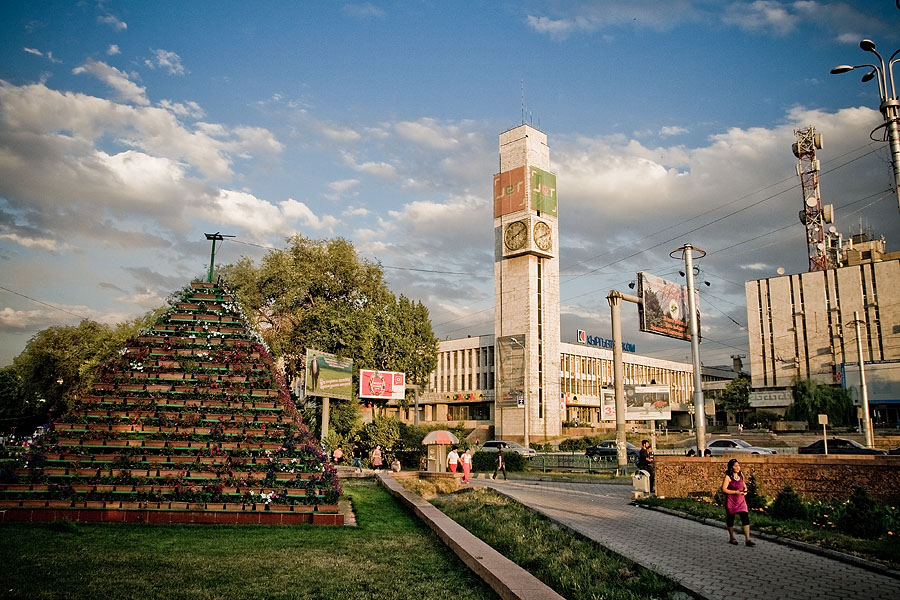By: Gcobani Qambela, South Africa, SSH Correspondent

August 2013 was declared “Women’s Month” by the South African government. This is in effort to commemorate the historic march organised by the Federation of South African Women on August 9, 1956, that was attended by over 20,000 women who marched to the Union Buildings in the then apartheid South Africa. The women who came from diverse backgrounds were protesting the extension of “Pass Laws” to women. As they marched, they sang:
Wathint’ abafazi,
Wathint’ imbokodo,
Uza kufa!
[When] you strike the women,
You strike a rock,
You will be crushed [You will die]!
The post-apartheid South African government has since declared the 9th of August “Women’s Day”, an annual public holiday celebrating the courage of these women. Yet, as many have noted, despite the contribution of South African women to the anti-apartheid struggle, many women still have to battle many other oppressions in post-apartheid South Africa. Kamaria Munti for instance notes that “… rape, relationship terrorism and general cultural disparities remain critical issues for South Africa’s women.”
This was no more evident than this month of August ironically dedicated to celebrating women. The secretary-general of the largest trade union in South Africa, the Congress of South African Trade Unions (Cosatu), Zwelinzima Vavi, was accused of rape by a junior employer (who later withdrew the accusations). But what was worrying about this case, is not whether it was true or not, but as TO Molefe shows us, it demonstrated to us the various ways in which rape culture is still woven into the fabric of South African society. Molefe notes for instance that “From the moment the story hit the pages of the weekend newspapers, her claim was treated with doubt and judgement. Pronouncements were made about how and why her actions discredited her claims of sexual harassment and rape, yet no scrutiny was directed at the actions of Vavi and how and why they discredit his claim that he did not sexually harass or rape her.”
What was more disturbing to me is how this showed an element that is still ignored in the South African legal framework. The woman in question was harassed on Twitter with many people tagging and mentioning her in very vile messages which often centred on blaming her for being raped and sexually assaulted. An image that landed on my Twitter feed for instance showed an image of the women with an inscription saying how “who could resist?” raping her if she looked that attractive.
Victim blaming and harassment is not new in South Africa. When our own current President, Jacob Zuma was also accused of rape, there were many reports of victim blaming where the woman in question was called many violently misogynistic names. This, as the Sonke Gender Justice Project notes, happens in a country where the Bill of Rights enshrined in the Constitution proclaims in Section 12, subsection 2, that everyone regardless of gender, race or sexual orientation “has the right to bodily and psychological integrity, which includes the right to security in and control over their bodies”.
These cases the Sonke Gender Justice Project tells us that they teach and remind us that “sexual violence is endemic and that very little is done to stop it [and further that] men’s violence is still explained away by crude victim blaming.” The increasingly accessibility of social media platforms like Twitter, have increased access to victims (especially when they have been named publicly as the case with Vavi) and thus consequently opened a floodgate opportunity for sexism, rape culture, victim blaming and harassment that much easier.
This is made worse by the lack of channels to report (cyber) assaults. Last year I reported for instance on the Twitter misogynistic attack that was levelled again popular South African actress Bonnie Henna on Twitter. Some of my women and (gay) male friends have been harassed online, especially on twitter and told to “go eat a dick” or called “faggots” as a means to silence them online.
As we move into September, leaving behind “Women’s Month”, my hope is that we do not only remember the march of 1956, but that we start realising the vision they had for South Africa. The women marched not just to end systematic racialised oppression, but they marched [amongst others] for the right to own their bodies fully, to have complete freedom of movement free of harassment and full control over their humanity.
If this 2013’s Women’s Month taught us anything as South Africans however, it should be that the sacrifices of those women in 1956 are yet to be fully realised, and they deserve better. They deserve a country where women are not subjected to the harassment, sexism and oppression that they are currently subjected to in South Africa. They deserve much better than this.
Gcobani is completing his Masters in Medical Anthropology through Rhodes University, Grahamstown, South Africa. His research centres around issues of risk, responsibility and vulnerability amongst Xhosa men (and women) in a rural town in South Africa living in the context of HIV/AIDS. Follow him on Twitter, @GcobaniQambela.


